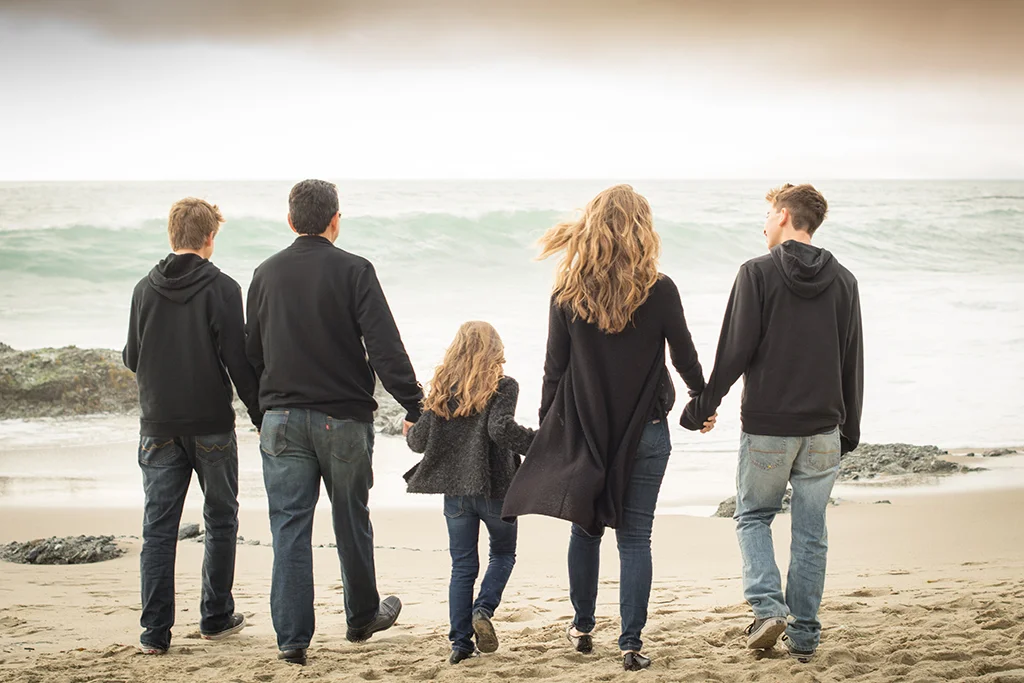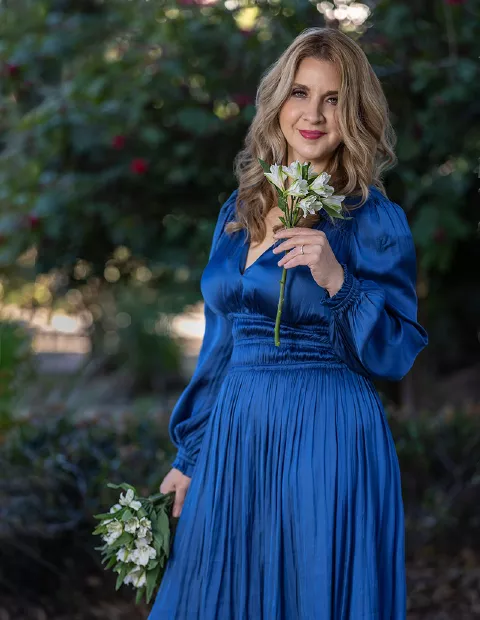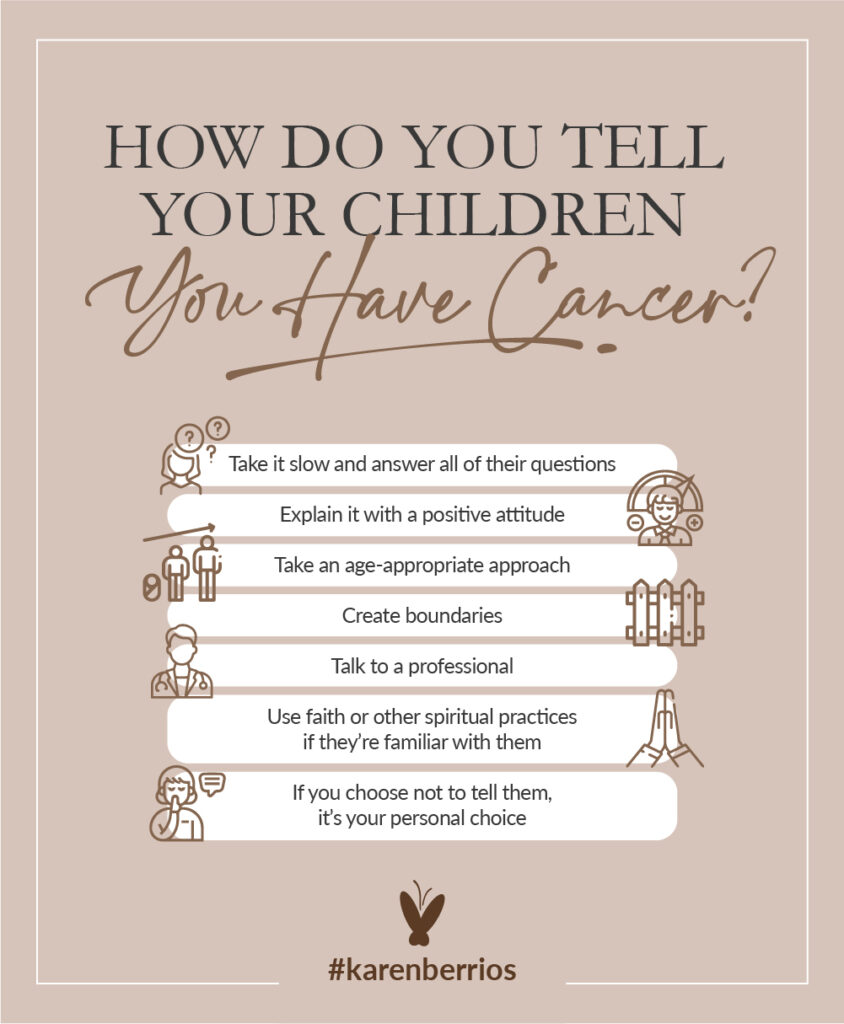

How Do You Tell Your Children You Have Cancer?
You Have Cancer. Getting a cancer diagnosis is incredibly difficult, but telling your children about it may be one of the hardest conversations you will ever have as a parent. With undoubtedly many different thoughts running through your head, the question of how to actually tell them remains hard to answer.
The way you convey this information to your children depends on many different things, from their age and level of understanding to the severity of your cancer diagnosis and how it will affect their immediate and long-term future.
And then there’s the connection and communication level you have with your children and the usual way you’ve dealt with hard situations up to this point. Rarely anything can be compared to talking about cancer, but if you’ve already established some sort of special way of talking about big things, you might have some foundation. Here are a few tips that might help out.
Take it Slow
If your children are at an age where they can comprehend what’s going on, your first instinct as a parent is to protect them and delay in telling them until the very last second. And even though it’s definitely better to wait until you at least have all the information and you can address questions that they may have about your cancer diagnosis and treatment options, you have to remember to take it slow.
Even if your kids are grown-ups, they might need some time to process and accept the situation. It’s an incredibly hard thing to hear and they might instinctively reject the notion of you being sick. That’s why tolerance and patience will go a long way.
Your children will most likely have a bunch of questions, especially if they’re older and can begin to grasp what’s going on. Listen to each one and carefully answer, even if they repeat themselves for days to come.
Explain it With a Positive Attitude
If your kids are at an age where they can’t really comprehend what cancer is and what harm it might do, preserve as much energy and strength you have to explain it to them with a positive attitude. If you present it negatively, their reaction might be worse than you expected and you might be dealing with a lot of fear from their side.
If you present all the facts and talk positively about your treatment, it will make them hopeful and give you the strength to fight, with them by your side. Don’t expect your children to know everything about cancer, even if they learned about it in school. Help them understand it from your perspective and make the conversation age-appropriate. This will only help in the long run, especially as you’re going through treatment.
Bring it Closer To What They Already Know
If you already have a practice of talking to your children about difficult topics, tap into that resource and let it help you talk about cancer. Whether it’s faith, meditation, or any other tool you use to help your children cope and understand the situation, find a way to bring it closer to them.
Some parents who have found their strength in their faith report positive outcomes of involving their children in their prayers or other forms of spiritual techniques. This was the key for me, and it helped my family push through the hardest moments. No matter your child’s age, the fact that they are part of the process and helping you heal will give them hope and strength as well.
When There Are More Children Involved
If you have more than one child, you might need to approach it from different perspectives depending on their different ages. You may want to tell them separately or start the healing process together, but make sure to talk to them with the appropriate approach for their age.
Older children might feel like it’s their job to protect their younger siblings so they might act tougher on the outside. Pay attention to their relationship and make sure all of them are feeling equally safe and secure.
Create Boundaries
Cancer treatment can be very aggressive and can cause a myriad of side effects, from hair loss and nausea to bleeding and extreme fatigue. It’s only normal to feel lost about how to act around your children and have the ability to parent while you’re going through treatment.
If it’s possible, create boundaries where you feel uncomfortable or uneasy. For example, make it a safe space to talk about your cancer in your home, but prevent them from coming to the hospital with you. Or if losing your hair seems like it would be a hard thing for your kids to deal with on a daily basis, get a wig and wear it around the house.
No one will ever judge you if you decide to create boundaries around your children. Dealing with cancer is an individual thing and what you decide to do can be completely different from someone else. Do not compare yourself to others, you have the right to do what feels the best for you and your family.

Talk To a Professional To Help Your Children Cope
Even if your children seem to be dealing pretty well with the whole situation, chances are they’re putting on a brave face to help you. Getting professional help is a great idea, especially from a child’s psychologist who has experience on the topic.
Whether your kids are masking it or really showing issues like mood swings, changes in behavior, having trouble concentrating at school, or misbehaving in class, having them talk to someone other than yourself is going to help them process instead of “act out” or sweep it under the carpet.
What if You Don’t Want To Tell Your Children You Have Cancer?
Everyone’s illness is their own cross to bear and how they approach it is their choice and their choice only. No one can tell you what to do. You know your children the best, and if you decide that it’s in their highest good not to tell them, don’t. This is a personal decision and don’t let anyone make you feel guilty for it.
One thing to note though, children are pretty intuitive and can easily pick up on when something is wrong. If you do decide not to tell them, you will have to be very careful with every step going forward. You don’t want them to find out and draw conclusions that might not even be the case, so take good precautions and figure out some systems in place so that if they do find out, your initial conversation about it is open and positive.
Final Thoughts
Everyone’s cancer journey is personal and how they choose to go about it is their choice. If you have children and want to tell them about your diagnosis, cancer treatment, and everything pertaining to it, there are no right or wrong ways to have that conversation.
You know your children the best and if you want to include them in your healing process, educate them and tell them everything, but shine some positivity around it, invoking hope and peace.

hey there
I'm Karen!
I have found my cancer journey to be a positive and profound transformational experience. I’m inspired to share my healing journey here, and trust you’ll find hope, encouragement and purpose as you discover the healing power that lies within you.
Join
The Mailing List!
By signing up for my newsletter, you agree with our Privacy Policy and Terms & Conditions.


